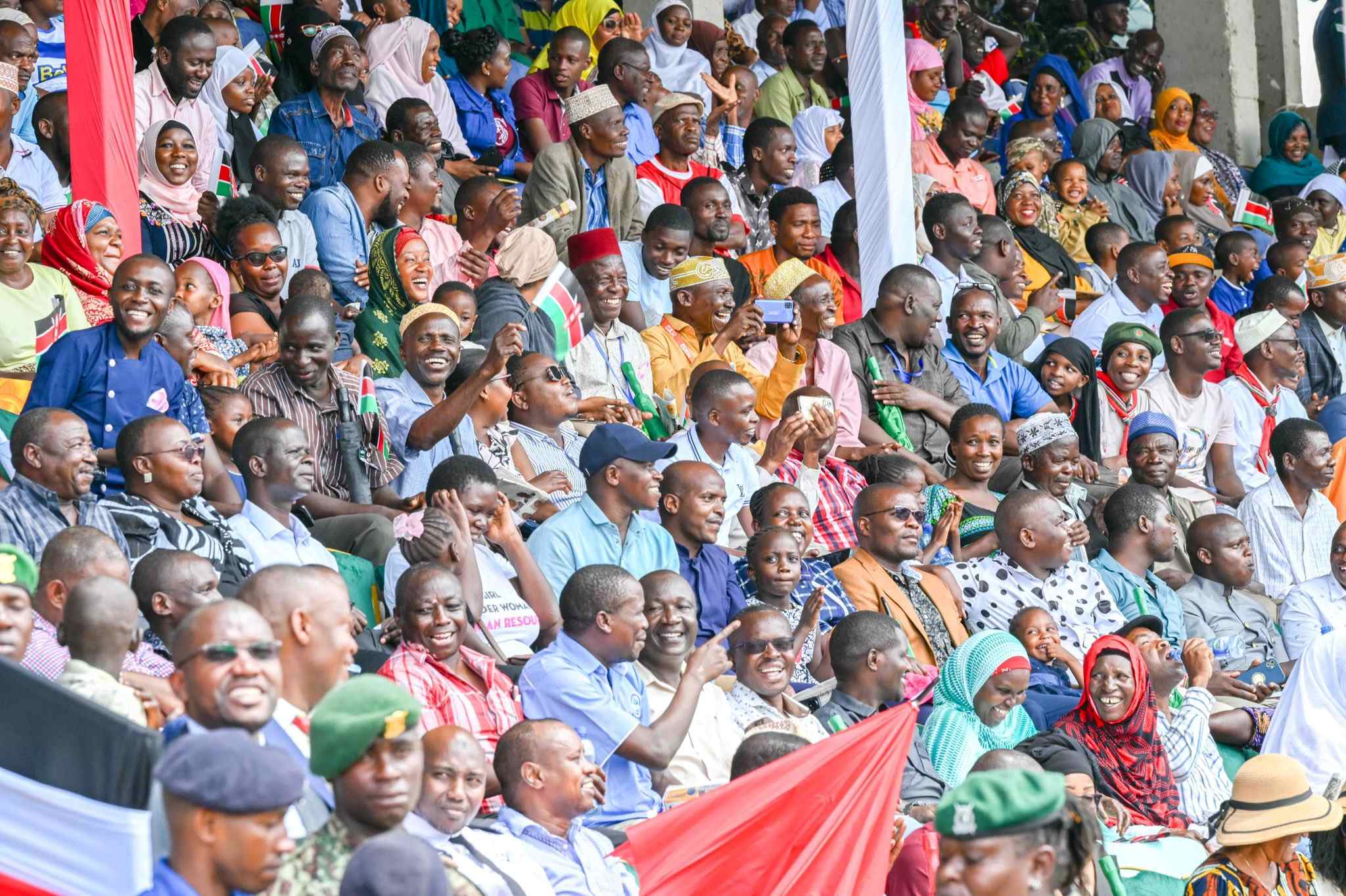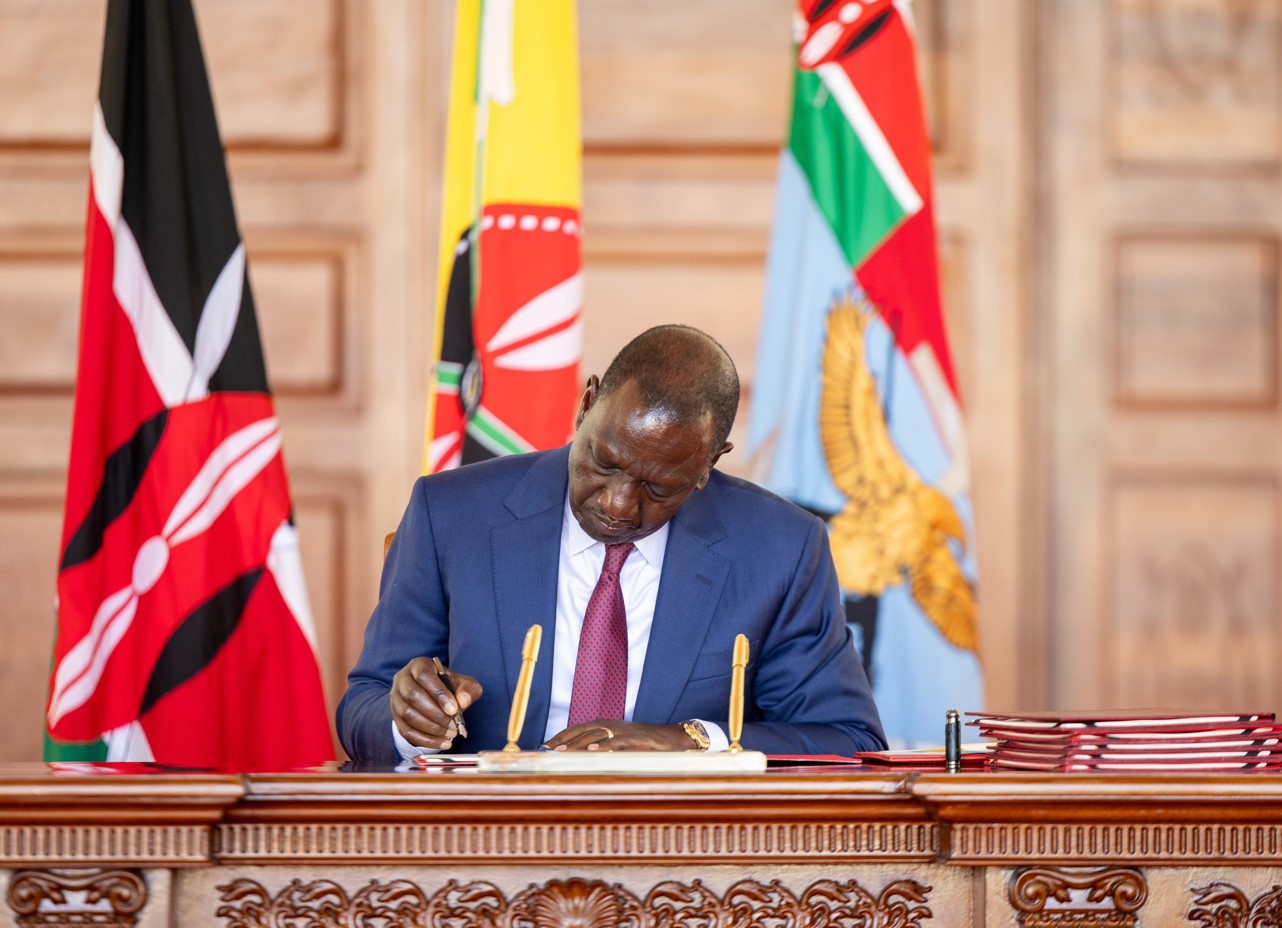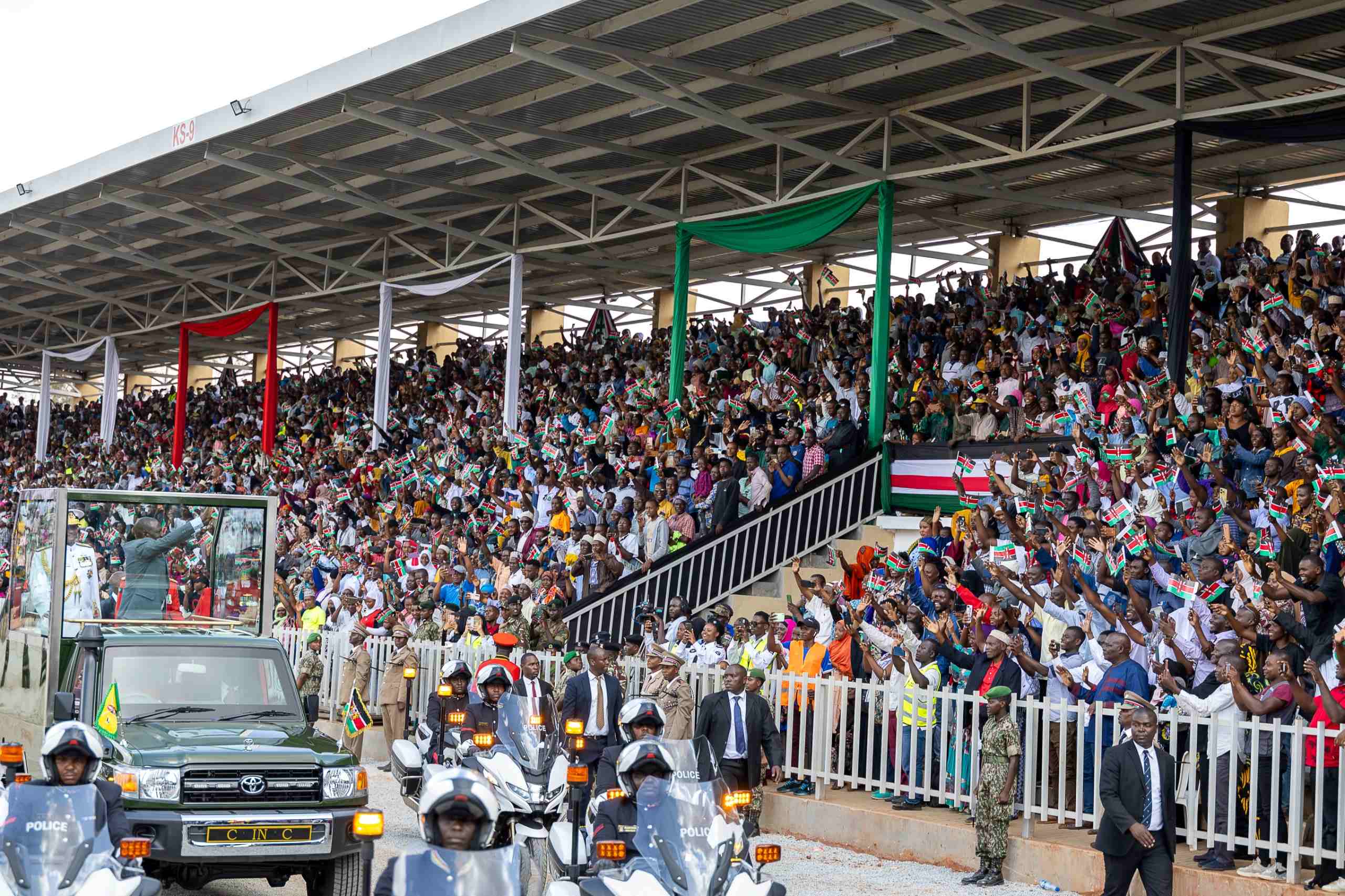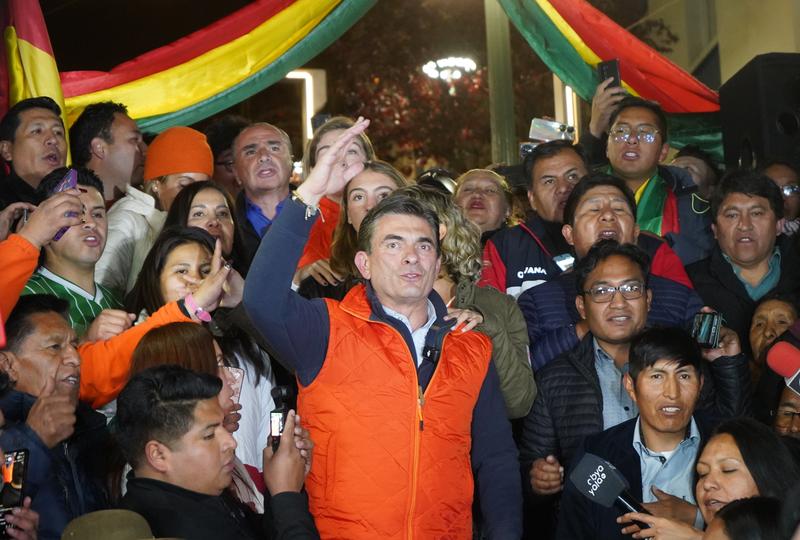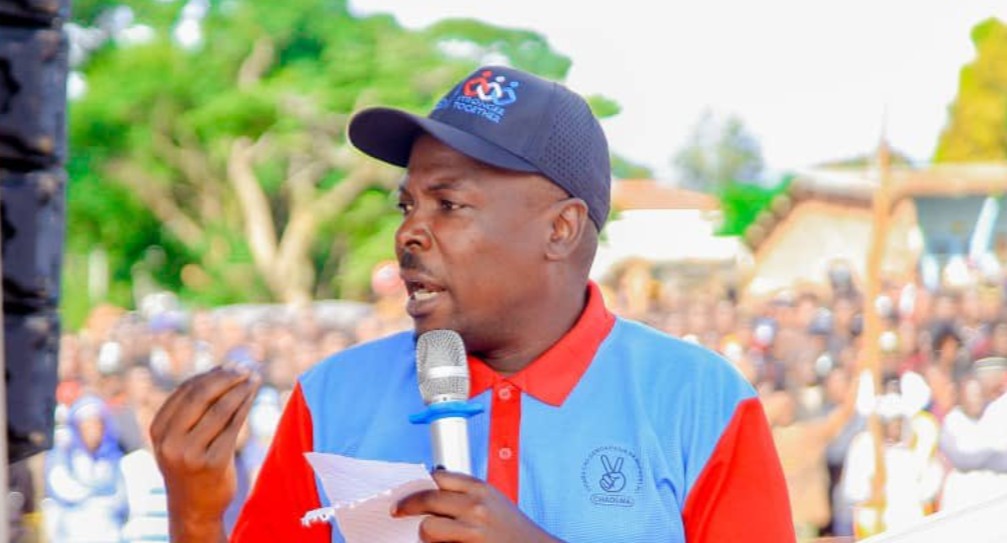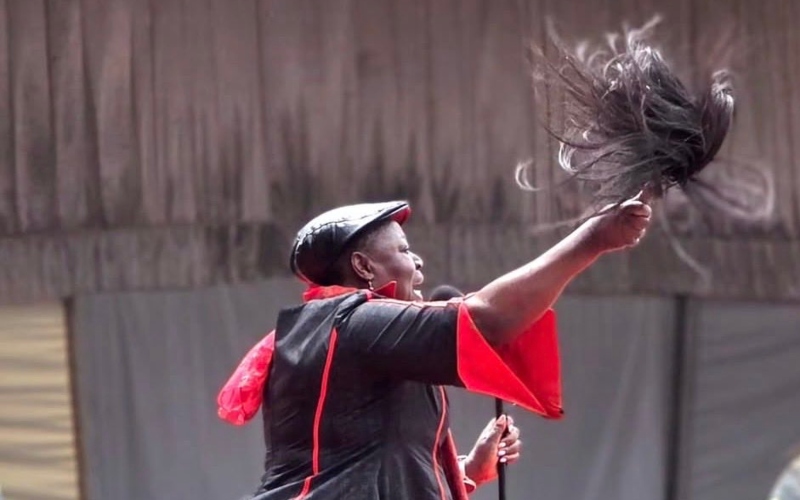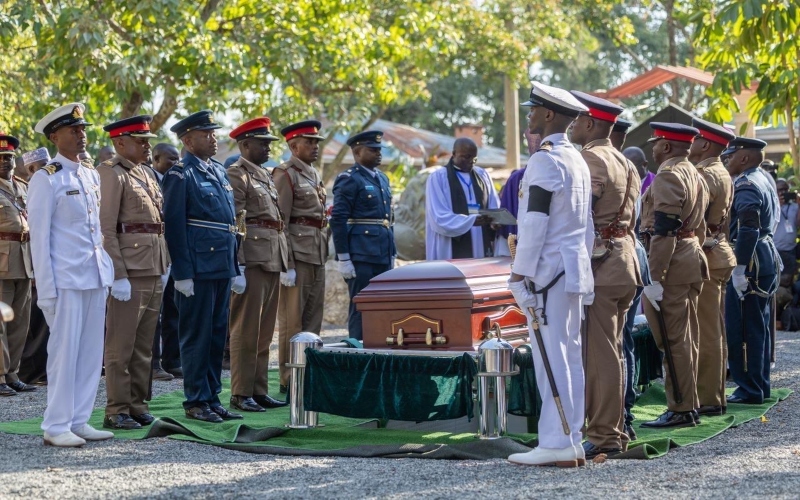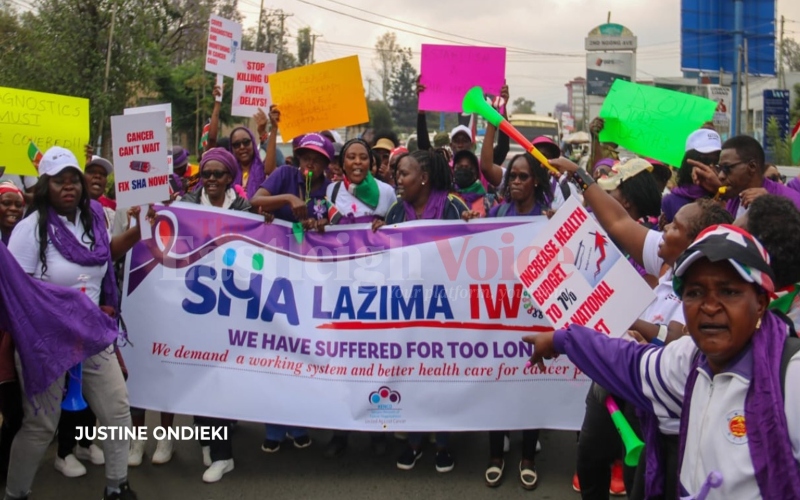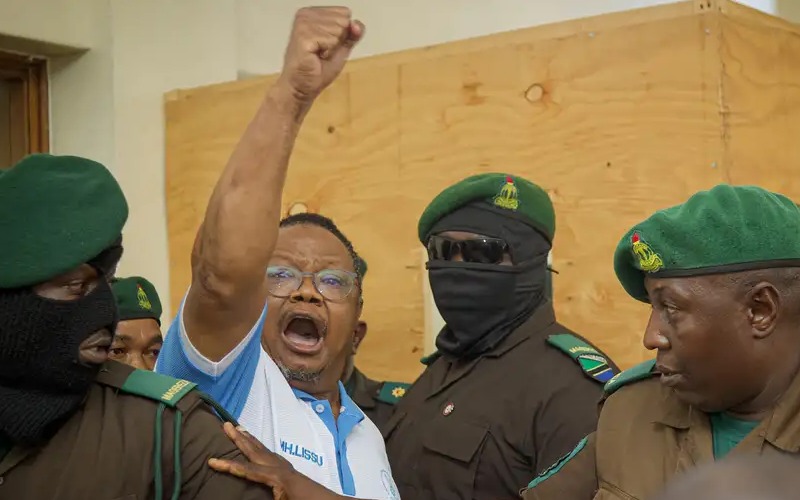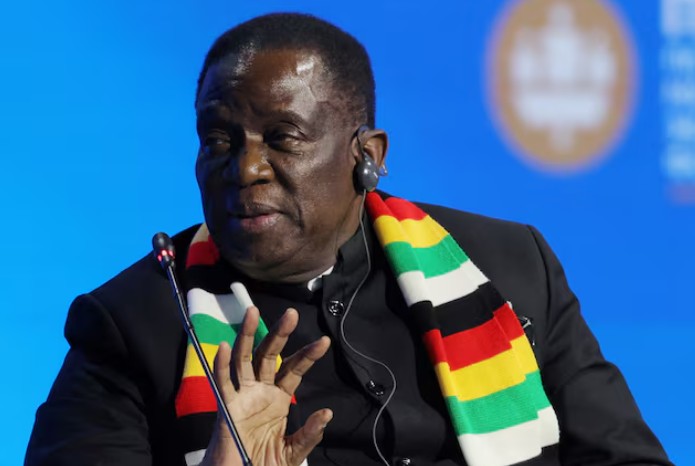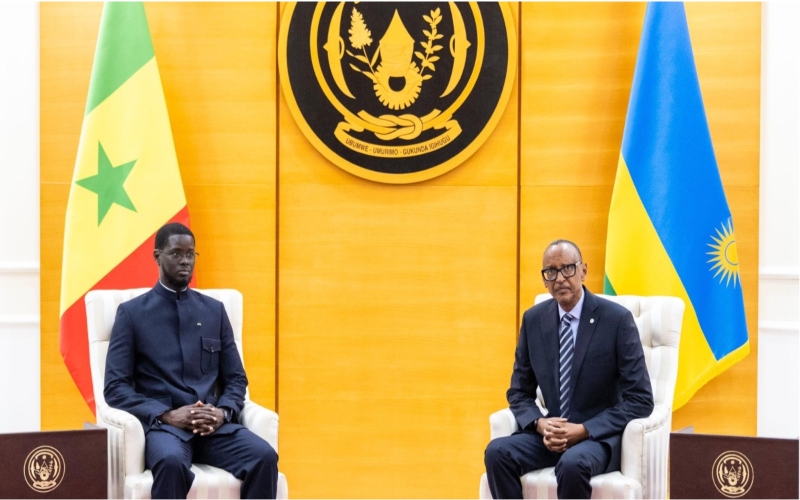Sudanese ambassador returns to Nairobi amid tensions over rebel leader reception
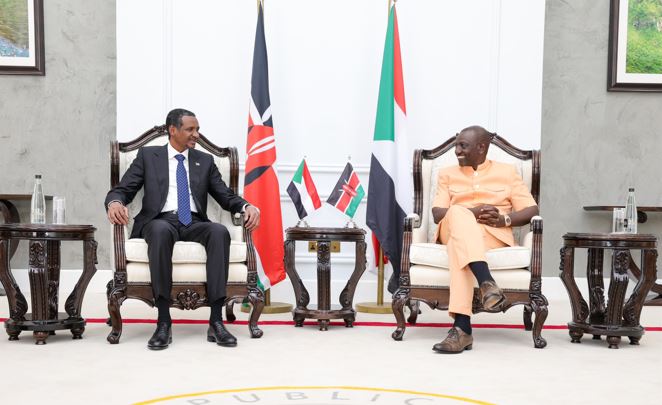
Millions of Sudanese citizens are living a nightmare after a power struggle between the Sudanese army and the paramilitary Rapid Support Forces sparked a terrible conflict in April of last year, dividing the country.
Sudanese Ambassador to Kenya, Kamal Jebara, has quietly returned to Nairobi after being summoned to Khartoum last January for consultations.
This move was in response to Kenyan President William Ruto's grand reception of the Rapid Support Force Commander, Mohamed Hamdan Dagalo (Hemedti).
More To Read
- 95 people died from hunger, disease in Western Sudan's refugee camp during past 40 days: Volunteers
- Harrowing tales of SGBV in North Darfur as Sudan's conflict rages
- Kenya to press for urgent interventions in conflict-hit regions at UN General Assembly
- Kenya balances Quad backing with call for Africa-led peace talks to end Sudan conflict
- Sudan criticises US sanctions on citizens, entities
- AU, IGAD and UN urged to push Sudan rivals back to negotiations amid worsening conflict
Nairobi had rolled out a red carpet in early January this year, embracing the Sudanese ex-Janjaweed leader at the regal Presidential pavilion, complete with a troupe of dancers and cameras.
This VVIP treatment, which was far more lavish than what Sudanese military leader General Abdel Fattah al-Burhan received, sparked considerable controversy in Khartoum.
Dagalo, whose forces have been at war with the regular army led by al-Burhan since April last year, had been touring African capitals on his first visit abroad since the war started.
"Kenya has hosted the rebellion, its leaders and supporters, as well as conspiring with hostile regional powers against Sudan," read a statement from the Sudanese foreign ministry during the time of the recall.
The ambassador's first public appearance this week was at the reception marking Eritrea's Independence Day in Nairobi.
Hosted by Eritrean envoy Beyene Russom, he joined other ambassadors in attendance.
Jeremy Laibutah, a former intelligence officer appointed as the Kenyan ambassador-designate to Sudan last November, has yet to present his credentials in Port Sudan. The city now serves as the operational hub for the military-led government following the fall of Khartoum to the Rapid Deployment Forces.
One year on since the conflict in Sudan began the country faces a catastrophic humanitarian crisis.
Millions of Sudanese citizens are living a nightmare after a power struggle between the Sudanese army and the paramilitary Rapid Support Forces sparked a terrible conflict in April of last year, dividing the country.
25 million people need humanitarian assistance – 14 million of these are children.
Over 8.6 million people have been displaced, of whom 1.7 million have fled to neighbouring countries, this includes refugees who had previously sought safety in Sudan.
Ethnic cleansing. Killings. Torture and a looming famine.
A Channel 4 News report from Sudan sheds light on the country's grim reality, portraying a looming humanitarian crisis in the oil-rich nation.
This catastrophe threatens to escalate into the world's most severe hunger emergency.
Doctors Without Borders is urging immediate action to tackle escalating challenges in Sudan.
 Youth-led emergency response rooms expanded after the outbreak of war in Sudan to fill the vacuum created by the departure of international humanitarian organizations. (Photo: ERR)
Youth-led emergency response rooms expanded after the outbreak of war in Sudan to fill the vacuum created by the departure of international humanitarian organizations. (Photo: ERR)
The international humanitarian organisation is actively addressing both communicable and non-communicable diseases, delivering essential maternal and paediatric healthcare services, and responding to alarming levels of malnutrition among children, pregnant women, and lactating mothers.
"For 13 months, people in Sudan have suffered through relentless violence, displacement, and hunger, all while their access to the medical and humanitarian assistance they so desperately require has been systematically strangled. Regrettably, all indicators point to the current crisis only growing broader and deeper, with famine looming and ethnic violence intensifying," said Doctors without Borders in a statement this week.
They report over 70 per cent of medical facilities in conflict-affected areas are no longer operational.
According to WHO, 65 per cent of the population lacks access to health care.
As the conflict spreads to new areas inside Sudan, families are constantly on the move, seeking safety.
The high number of people fleeing their homes means that after facing unimaginable trauma, many are enduring overcrowding and poor conditions at displacement camps.
Plan International says it is concerned that schools across Sudan have been closed for a year, with more than 170 school buildings now being used to shelter displaced people.
This means that an entire generation – 20 million children – a population the size of Scandinavia is missing out on their right to an education.
The consequences of this conflict will have a devastating impact on the development of children and their mental well-being.
Children out of school are at increased risk of sale, sexual abuse, exploitation, family separation, abduction, trafficking and recruitment and use by armed groups.
Top Stories Today
